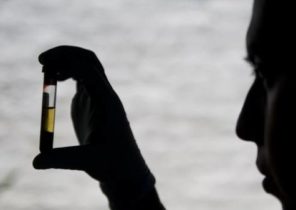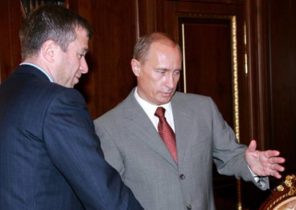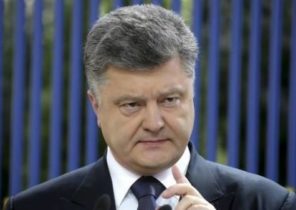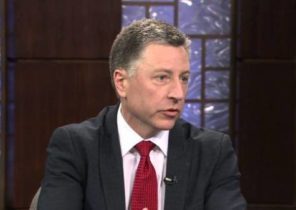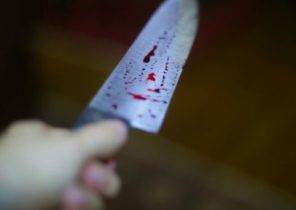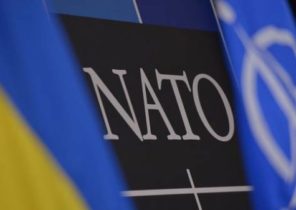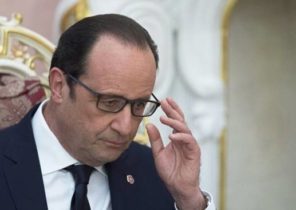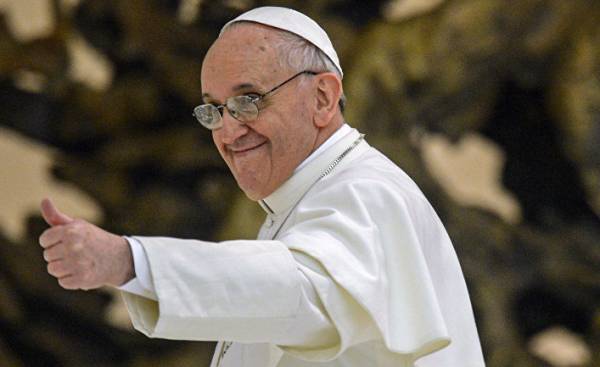
If Pope Francis had to judge today’s Pope Francis, he could not do without these three words, telling her story: “the Most grievous sin.” Since the beginning of his pontificate, Pope Francis has made a serious bid on the subject “protection of labour”, and in the last few years the Holy father did not miss chances of different ways to Express their particular form of trade Union theology. 24 may 2015, in his Encyclical “Laudato si'” (“Praise you”) he remembered that “the loss of jobs affects the economy through the gradual destruction of the social capital, that is, those relations of trust, reliability, and compliance that is required in any form of civil coexistence”.
May 27, 2017 during the papal visit to Genoa for a construction company Ilva Francis stated: “He who hopes to solve the problems of his company, firing people is a bad businessman, he’s just a huckster. Today he sells his people, and then tomorrow you sell your dignity”. A few days before this, on March 15, during the General audience, widely reported in the press and partly on the situation with the journalists of the TV channel Sky, whose project restructuring led to the closure of its offices in Rome and to a large number (hundreds) of layoffs and transfers of employees from Rome to Milan, Francis summarized his doctrine, and only a few words instead of all. Theology. Doctrine. Look at the economy. Rights of trade unions. Camusso Susanna (Susanna Camusso) probably wouldn’t be able to do better. “Work gives us our dignity. The one who, in committing economic maneuvers, taking the not entirely clear negotiations, closing factories and enterprises, depriving people of work, commits a very grave sin”.
Sin, as stated in the eighth part of the first Chapter on the dignity of man in the Church catechism, is “a word, deed or desire contrary to the eternal Law. It is an insult to God. Sin is rebelling against God in the form of disobedience, the opposite of the obedience of Christ.” To consider termination of working relationship by offending God (“the most grievous sin”), no less in the Church than abortion (the letter before the last Jubilee year, Pope Francis called abortion “a grave sin” without superlative forms) — means to emphasize the paramount importance of this subject within the doctrine of Pope Francis. Therefore, a small plot we are about to tell you is kind of incredible story that just a few paragraphs, shows that the Pope in question is a labour of mercy he decided to go on two different paths. Unfortunately, as often happens to those who dwell on the theme of labor with the position of the Union: words are one thing and facts are another.
The facts tell us that in the last two years was unfolding the story that the Vatican knows all, but in a mysterious way no one never told. This story relates to the particular choice of Pope Francis, which, as told to Suzanna Camusso, “nine people were on the porch”, including a family with a year-old baby. Nine people trapped on the porch, are employees of the Studio, which from 1888 to 2015 since the time of Pius IX, he worked in the Vatican side by side with photographers Pope from the newspaper Osservatore Romano.
Studio Felici together with the newspaper followed the audience of the Pope, his travels, meetings and became famous throughout the world, perpetuate, thanks to one of the family photographers who the moment may 13, 1981 a few minutes after Pope John Paul II on the square of St. Peter’s for a total audience of Ali, Agca twice fired a pistol at him. Over the years the Studio grew up and always worked almost exclusively on the Vatican. It was not until the third of July 2015, when the lawyer Bureau “Bellettini, Lazareski, Mustilli” sent in a photo Studio “felichi” recommendation, consisting of several lines. Theme: “Access to the city of the Vatican”. Circumstances: “on behalf of the Secretariat of His Holiness to inform you that by order of the Supreme authorities immediately and in an unspecified period your firm and its employees will be deprived of access to the territory of Vatican city and areas outside its borders, including the holding of public audiences in St. Peter’s square or in the service of the Pope, regardless of their location.
The above orders were passed to the gendarmerie and other competent authorities to enforce them. Hoping that you will obey these instructions, please contact us for further information and bring to you our deep respect.” In fact, the lawyer selected by the state Secretariat of His Holiness, requires that one of the studios, which for over 100 years, follows the life of the Pope, never appeared in the Vatican and, therefore, the more it didn’t work. In fact, they were dismissed and, moreover, dismissed for no reason. Four members of the Studio work full time, there are still three female part-time, three of the owner of the lab that printed the photos of the Studio for 25 years. A few days after receiving the letter the head of the Studio of Giuseppe Felici calling the Secretary of state Secretariat of the Vatican. It’s August of 2015.
The explanation is reduced to just a few words: “such Is the will of God.” A few days later, one of the Studio executives, Rodolfo, writes the Pontiff. The first letter was sent in October. No response followed. The second — in November. In the end, will be about 100 sent messages. They are all the same. “Holy father, my whole family is going through a severe crisis, we were deprived of future work, we are deeply affected, becoming victims of injustice, which we cannot explain anything. For three months as we try not to close, but we have a long time no one comes. We will definitely have to close the Studio in December, and our staff will lose their jobs”. The Studio finally closed in December 2016. Eight families lost their jobs. A few days after the closure of the Studio called them cardinal Parolin. The call is again answered Giuseppe Felici. “Unfortunately — says Parolin, your business reached the point of no return. I’m sorry. Wish you all the best in the future.”
The history of a small scale, but very rich meanings, and it has a few interesting nuances that are worth mentioning. In 2008, cardinal Tarcisio Bertone tried to get rid of the Studio, demanding through the same counsel that was falling from the Vatican Studio “Felici”, the payment of compensation in the amount of 80 thousand euros a year, this application was rejected by Pope Benedict XVI, considered it important that the pilgrims were able to choose between the two studios. Pope Francis via Vatican Secretariat chose to go the other way, allowing to make some interesting conclusions. Monopoly is better than competition. Suverenity better than openness. It is better to start the process of dismissal and send it to the porch a few families, than to endure an unwanted door. Dad-Manager, and it is quite obviously very different from Pope as the speaker.
However, the history of the Studio “Felici” in your little scale tells us of the very important characteristics of the social doctrine of Pope Francis. At first glance, one could say that the Pope, in his own words, committed “the most grievous sin” (“whoever, in committing economic maneuvers, taking the not entirely clear negotiations, closing factories and enterprises, depriving people of work, commits a very grave sin”). However, actually, this question is somewhat thinner. Union theology can meet the Encyclical, but in real life it would never work. And who knows, maybe the history of families thrown into the street by the decision of Francis, next time it will be to deal with the problems of work, tells him an expression that, essentially, would have to be close to him: excuse me, but who am I to judge?
